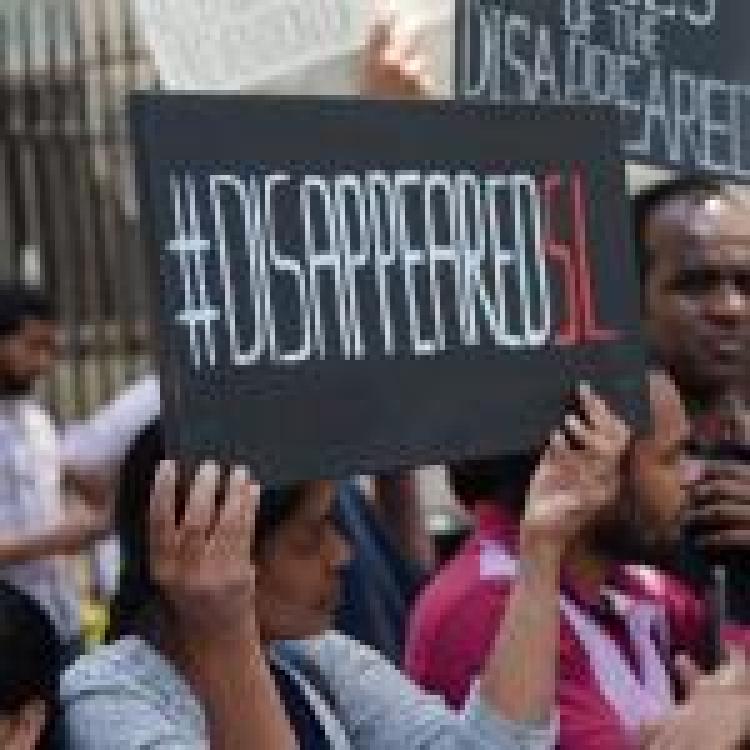The Sri Lankan military discussed how diasporas can “internationalise” issues at a defence seminar in Colombo last week, as human rights atrocities committed in Sri Lanka are due to be discussed in Geneva this month.
The military seminar on the diaspora comes in the run up to the UN Human Rights Council session later this month, with accountability for atrocities committed in Sri Lanka to be discussed by Tamil diaspora members with international ambassadors.
An official military website reported seminar findings included remarks that diasporas can “engage unnecessarily in internationalising domestic issues of the country of origin, thereby help sustain undue political causes in country of origin”.
“Radicalisation of younger generation to achieve their political objectives would go on in their new-found foreign soils,” the military added.
The Sri Lankan government agreed to set up an accountability mechanism for crimes committed by the military, during a massive offensive in 2009 that killed tens of thousands of Tamils. Yet, senior leaders have repeatedly vowed to protect the Sri Lankan military from war crimes charges, despite agreeing to a UN resolution mandating a court with international prosecutors to try personal accused of crimes. The resolution, which is due for review in March 2019, is yet to be implemented.
The discussion comes as Ceylon Today reported that more than 60,000 people are on a Sri Lankan government blacklist preventing them from leaving the island with “Tamil diaspora sympathisers” amongst those banned.

